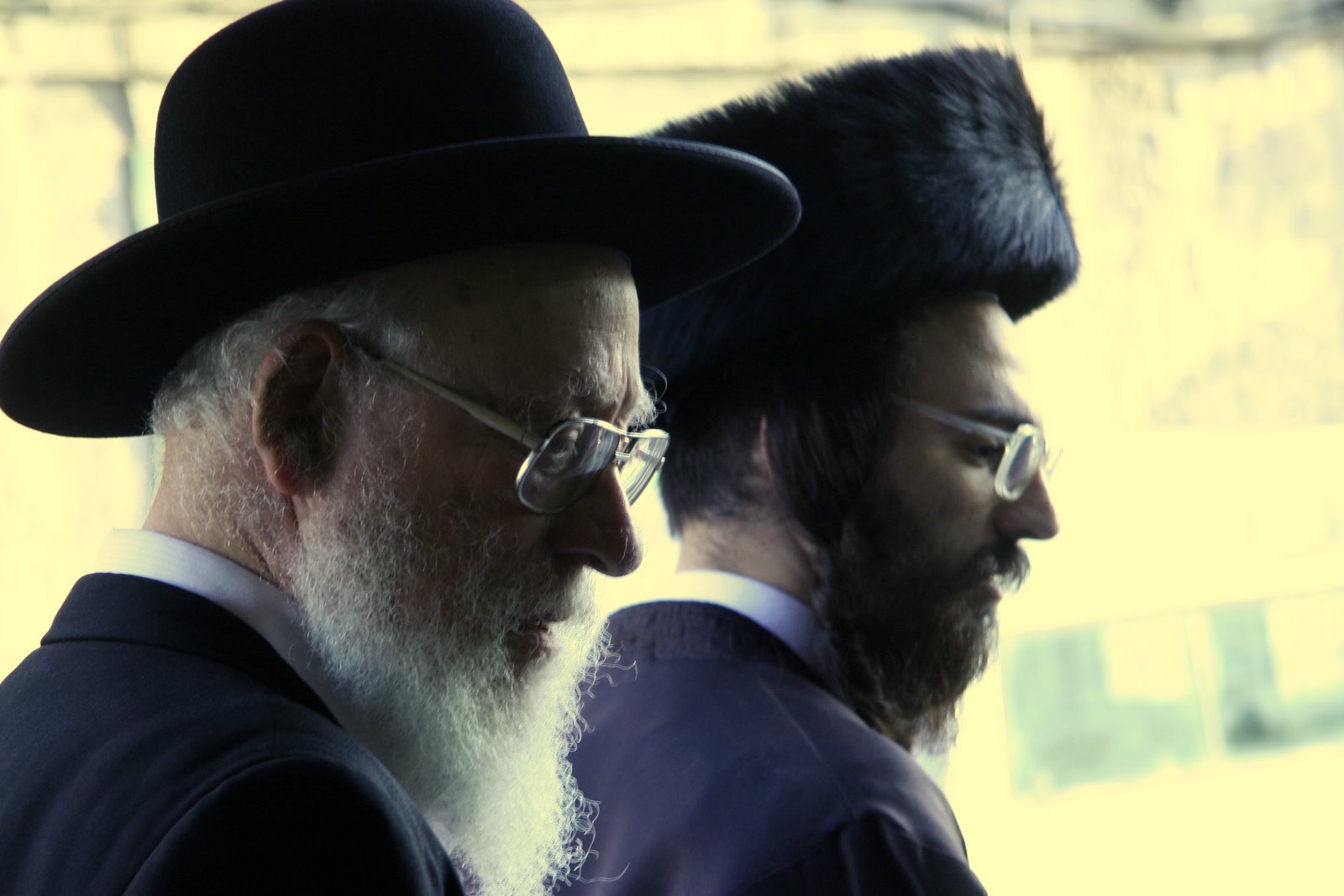Though the elections in Israel are still some four weeks away, we already know the undisputed winners: the ultra-Orthodox (haredi) parties. Neither side will be able to form a government without them. Though they say that they won’t sit in a cabinet with Yair Lapid, the leader of the Yesh Atid party and Number Two in the Blue and White coalition, in the end they’ll hold their noses and sell themselves to the highest bidder, as they’ve always done.
In addition to the Israeli victims of the horse-trading, the losers abroad will be American Jews (the rest of the Diaspora counts for very little, alas.) As a result of haredi pressure in the current government, Prime Minister Netanyahu didn’t act on his original solemn commitment to make the Western Wall available to all streams of Judaism. This seems to matter a lot to American Jews and it’s one of several causes for the serious rift between Israel and the Diaspora. It’s likely to deepen if Netanyahu is returned to office.
His alleged closeness to President Trump may also be a factor that makes for alienation, as the majority of American Jews are Democrats. The efforts to describe the US Democratic Party as anti-Semitic may be yet another attempt to create distance.
Some of the internal Jewish rift played itself out at the Wall last Friday. The Women of the Wall came for their regular Rosh Chodesh service and to mark 30 years of their existence. In anticipation, haredi agitators brought out a very large number of supporters who prevented the women from holding their service in the usual place and also caused injuries to some. We’re being told that the police didn’t offer enough protection.
Theoretically, the Blue and White opposition could form a government without the haredim – with the support of the Arab parties in the Knesset. That’s why Netanyahu is warning the public against it. He has just issued a statement to the effect that Israel is a Jewish state implying that its Arab citizens shouldn’t expect full equality. It’s an echo of the last election campaign when he warned Jews that the Arabs were coming out “in droves” to vote.
President Rivlin came out strongly against Netanyahu thus reminding us that there’s no love lost between them, even though they’re both Likud stalwarts.
Arab parties have never been part of the government of Israel. One of the charges against them is that they support Palestinian terrorists. It’s most unlikely, therefore, that Benny Gantz, the leader of Blue and White, would wish to break with precedence and bring them into his coalition. And though he says that he’s for pluralism at the Wall, it’s also most unlikely that he’ll gamble with his political future by supporting liberal Jews at home or abroad.
The opinion polls still give him more seats in the Knesset than Netanyahu but, in the end, Netanyahu and not Gantz is likely to form the next government – at the expense of Israeli Arabs and liberal Jews. We can also expect an extended period of political instability and confusion when not only the haredim but also other small right-wing parties will demand important portfolios for which they’re not qualified and which they don’t deserve.
Election campaigns may not be dull, but they’re decidedly not wholesome. Rabbi Marmur is spiritual leader emeritus of Holy Blossom Temple in Toronto, Canada.
Republished from San Diego Jewish World


























